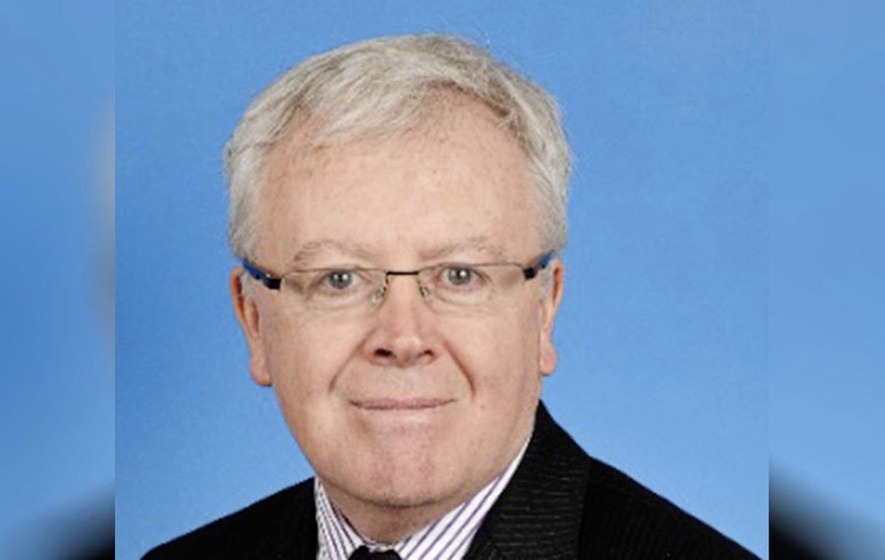
By Michael McHugh, PA
The rate of PSNI absence is at an all-time high, a public spending watchdog has said.
Staff absence has increased from an average of eight days in 2010-11 to 14 days in 2018-19.
The number of officers on restricted duties has more than doubled.
High levels of sickness absence, increasing levels of demand and the emerging concerns over officer well-being all present significant risks to the future resilience of policing, Comptroller and Auditor General Kieran Donnelly said.
He added: "Despite significant cuts, a reducing headcount, and increasing demands, crime outcome rates and confidence in the PSNI have remained stable.
"However, the focus on short-term cost reductions means that it has been storing up problems for the future.
"Staff absence is at an all-time high and there is a backlog of building maintenance which will need £27 million to deal with.
"It is essential that PSNI manages its budget in a long-term strategic way to address the issues that have been created as a result of top-slicing budgets over the last nine years."
The PSNI introduced Priority Based Resourcing (PBR), which was intended to create a new approach to allocating resources in the longer term.
Focus quickly turned to reducing headcount.
Officer headcount fell from 7,195 to 6,660, while staff numbers fell from 2,400 to 2,260 between April 2011 and April 2019, the Audit Office said.
This presents risks to long-term sustainability, the watchdog said, including that workforce changes are unrelated to the actual number needed to deliver an effective service - they are driven solely by the need to meet immediate financial pressures.
The report said: "Over time, there is a risk of developing a significant gap between actual staff numbers and the numbers that the PSNI's analysis suggests it needs."

Pictured - Auditor General Kieran Donnelly
Annual funding reduced by 20% between 2010-11 and 2019-20 - around £200 million in real terms.
The Audit Office noted: "This reduction was more severe than that experienced by most English and Welsh police services over the same period.
"While others have used financial reserves to offset year-on-year reductions, the PSNI has been unable to use this source of funding due to the unique budgeting arrangements in Northern Ireland."
Despite those challenges, crime outcome rates and confidence in the force have remained stable over the last decade, the watchdog report said.
It said the new system was implemented without fully understanding how it would work and subject to "significant delays".
Deputy Chief Constable Mark Hamilton accepted the report's findings and recommendations.
He said: "Notwithstanding this critique, our most recent report on efficiency from HMICFRS, achieved an overall 'Good' rating for the efficiency of the PSNI.
"We are not complacent.
"The need to drive further efficiencies remains and PSNI will actively seek to incorporate the recommendations in the report to ensure an improvement in our approach and that our next efficiency programme demonstrably delivers value for money."
In supporting future transformation of the service, the Policing Board has agreed a new chief operating officer position for the PSNI to "drive forward strategic change, business modernisation and bring focus to achieving value for money in resource utilisation".


 Swann refuses to rule out resigning if budget is not changed
Swann refuses to rule out resigning if budget is not changed
 Fresh inquests ordered into deaths of 15 killed in McGurk’s bomb blast
Fresh inquests ordered into deaths of 15 killed in McGurk’s bomb blast
 Trial ends after man accused of murder of young showjumper is found dead
Trial ends after man accused of murder of young showjumper is found dead
 A brief hearing and chaotic scenes as Donaldson makes first court appearance
A brief hearing and chaotic scenes as Donaldson makes first court appearance